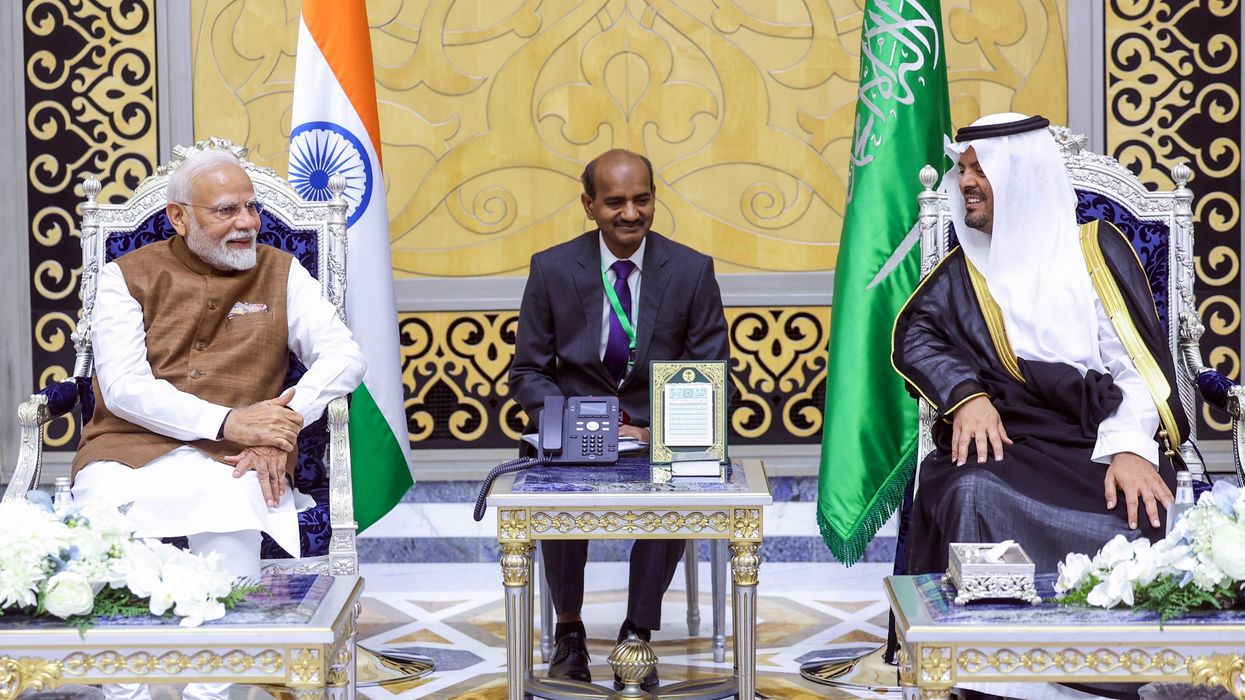THE British Board of Film Classification (BBFC) is adopting a stricter position on the use of racist language in programmes, The Guardian reported.
The UK regulator said programmes featuring the N-word should not be classified lower than 12A/12 unless in exceptional circumstances, such as a documentary or biopic with a clear educational value and appeal to younger audiences.
The decision was taken following research commissioned by the BBFC into racism and discrimination in films and TV shows, which asked people, including those who have been directly affected, their views on the classification of such scenes, the report added.
Seventy participants were asked to answer questions about clips from different films and series. They were then required to watch a feature film.
“Of all the language considered, the N-word was the most contentious, evoking the strongest response from the community,” the BBFC said in its report, adding that it was one of the few instances where “zero tolerance” attitudes emerged.
According to the BBFC, Jesse Owens’ biopic Race, which was classified PG in 2016, would likely be classified as 12A/12 if it were to be resubmitted today.
In the film, a white man uses the N-word in a derogatory manner in relation to Owens and other black athletes.
Despite the film’s positive messages about overcoming adversity, respondents said because the use of racist language wasn’t explicitly and clearly condemned, they didn’t think it was acceptable at PG.
Though the majority of respondents agreed with the BBFC’s classification decision for each feature film, there were discrepancies in response to the clips.
The community gave lower ratings than the BBFC for documentaries and comedic intent, and higher ratings where there was a lack of condemnation and a darker tone.
“We must always assess the context in which content appears. Violent and threatening behaviour, or use of particularly offensive language, will always aggravate an instance of discriminatory or racist behaviour," David Austin, chief executive of the BBFC, was quoted as saying by the newspaper “
“However, clear condemnation, sympathy with the victims, or a documentary or historical setting can all work to help frame the sequence and potentially give the content educational value for younger viewers.”
Respondents did not think older films and TV shows necessarily need higher age ratings if they contain outdated behaviour or language, but they wanted to be warned about potentially offensive words or portrayals.
According to the report, parents wanted content warnings so they could make informed decisions about whether to allow their children to watch a particular programme.
Lord Kamlesh Patel, vice-president of the BBFC, told The Guardian: “Movements dedicated to raising awareness and combating discrimination and racism have gained important traction in the last two years.
“In response, we wanted to see how this has impacted the views of people in the UK, and particularly to hear from and listen to those who have been directly impacted by discrimination and racism as their voices are important.”



















